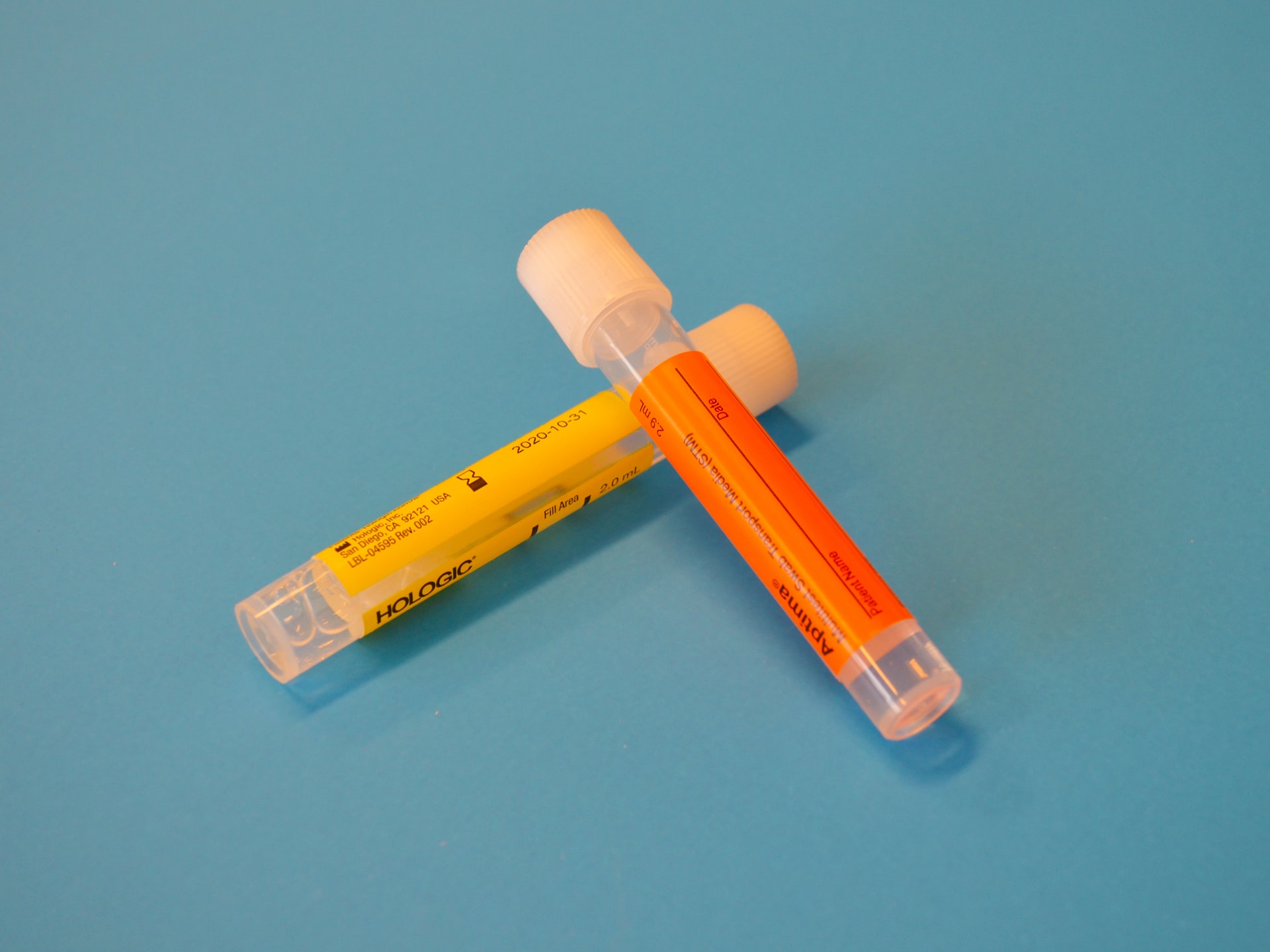Cholesterol is a waxy substance that is found in your blood. Too much cholesterol can be harmful and can lead to heart disease. A cholesterol blood test can help you find out if you have high cholesterol.
High cholesterol does not usually have any symptoms, so it is important to get tested regularly. Cholesterol tests are usually done as part of a routine physical exam. Your doctor may also recommend a cholesterol test if you have risk factors for heart disease, such as family history or high blood pressure.
There are several different types of cholesterol, and the blood test measures all of them. The total cholesterol level is the sum of low-density lipoprotein (LDL) cholesterol, high-density lipoprotein (HDL) cholesterol, and very low-density lipoprotein (VLDL) cholesterol. LDL cholesterol is often referred to as “bad” cholesterol because it can contribute to the development of heart disease. HDL cholesterol is often referred to as “good” cholesterol because it can help remove LDL cholesterol from the arteries. VLDL cholesterol is a type of triglyceride, which is a type of fat in the blood.
The ideal total cholesterol level is less than 200 mg/dL. A level of 200-239 mg/dL is considered borderline high, and a level of 240 mg/dL or higher is considered high. LDL cholesterol levels should be less than 100 mg/dL. HDL cholesterol levels should be 40 mg/dL or higher for men and 50 mg/dL or higher for women. Triglyceride levels should be less than 150 mg/dL.
A cholesterol test measures the amount of cholesterol in your blood. Cholesterol is measured in milligrams (mg) per deciliter (dL) of blood. The normal range for total cholesterol is less than 200 mg/dL. A cholesterol test can be done with a simple blood draw.
Cholesterol is a fatty substance that is essential for the proper function of many body tissues, but when present in excess, it can have harmful effects. High levels of cholesterol in the blood can lead to atherosclerosis, a condition in which the arteries become narrowed and blocked, potentially causing heart attacks or strokes.
Apart from its well-known role in cardiovascular disease, cholesterol also plays a role in other conditions such as Alzheimer’s disease, gallstones, and some forms of cancer. Therefore, it is important to maintain healthy levels of cholesterol in the body. Ways to do this include eating a healthy diet, exercising regularly, and avoiding smoking.
Making healthy choices can help you keep your cholesterol in check. Eating a healthy diet, getting regular exercise, and not smoking are all good ways to keep your cholesterol levels down. If you have high cholesterol, your doctor may also prescribe medication to help lower it. Cholesterol-lowering medications include statins and other drugs.
If you have high cholesterol, it is important to keep track of your numbers and work with your doctor to keep them in a healthy range. Cholesterol tests are an important part of monitoring your health and preventing heart disease.
You can lower your cholesterol by eating a healthy diet. Choose foods low in saturated and trans fats, such as lean meats, fish, poultry, beans, nuts, seeds, and vegetable oils. Avoid processed foods, sugary drinks, and excessive amounts of salt. Eat plenty of fruits, vegetables, and whole grains.
Exercise is another important part of managing cholesterol. Getting at least 30 minutes of moderate exercise most days of the week can help raise your HDL (good) cholesterol levels and lower your LDL (bad) cholesterol levels. If you haven’t been active for a while, start slowly and gradually increase your activity level.
Quitting smoking is one of the best things you can do for your heart health. Cigarette smoke damages your blood vessels and contributes to high cholesterol levels. If you smoke, quit. There are many resources available to help you quit smoking for good.
If lifestyle changes aren’t enough to lower your cholesterol, your doctor may prescribe medicine. Statins are the most common type of cholesterol-lowering medication. Statins work by blocking a substance your liver needs to make cholesterol. They can also help your liver remove LDL cholesterol from your blood. Other types of cholesterol-lowering medications include bile acid sequestrants, niacin, and fibre supplements.
Making healthy choices can help you prevent or manage heart disease. By getting your cholesterol checked and making lifestyle changes or taking medicine as needed, you can help keep your cholesterol levels in a healthy range and reduce your risk of heart disease.
If you are interested in checking your cholesterol levels at home, you can purchase a home test kit from Welzo. Home test kits work by taking a small sample of blood from a finger prick and then sending the sample to a laboratory for analysis. The results of your cholesterol test will be available within a few days. Your doctor will be able to interpret the results and advise you on next steps.



 Bitcoin
Bitcoin  Ethereum
Ethereum  Tether
Tether  XRP
XRP  Solana
Solana  USDC
USDC  TRON
TRON  Lido Staked Ether
Lido Staked Ether  Cardano
Cardano  Avalanche
Avalanche  Toncoin
Toncoin